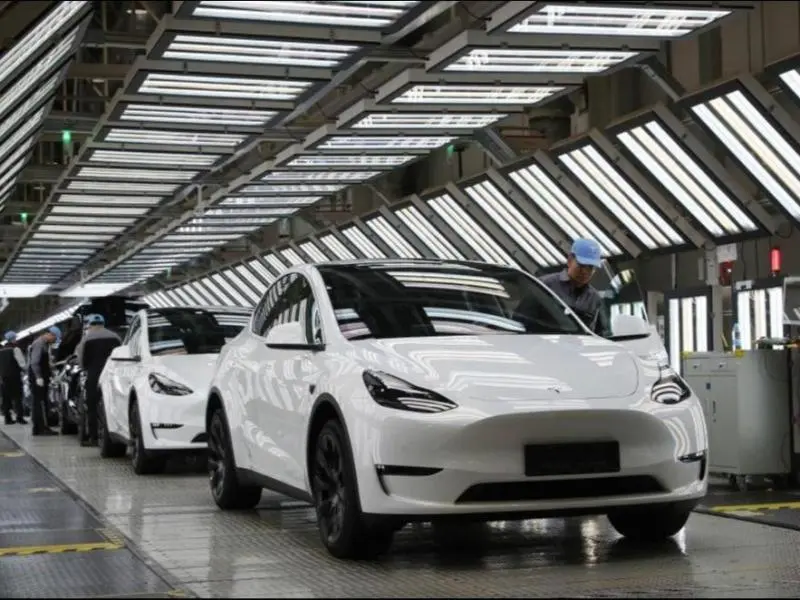- A 100% tariff on electric vehicles imported from China will take effect on October 1, 2024, impacting all manufacturers, including Tesla.
- The move is expected to disrupt the recent surge in Chinese EV imports and may prompt a strategic reevaluation among automakers like Tesla.
OUR TAKE
Canada’s bold move to impose a hefty tariff on Chinese electric vehicles signals a significant shift in trade policy that could reshape the EV landscape in North America. By taking a stand against what it perceives as unfair trade practices, Canada aims to protect its burgeoning automotive market and promote local innovation. This decision also reinforces the importance of international collaboration among allies in addressing challenges posed by state-directed economic policies.
–Rebecca Xu, BTW reporter
What happened
Canada announced the imposition of a 100% tariff on electric vehicles (EVs) imported from China on Monday, including those produced by Tesla. This decision also includes a 25% tariff on imported steel and aluminium from China, effective October 1, 2024. The announcement comes in response to a dramatic increase in Chinese EV imports, which surged by 460% year-over-year in 2023.
A Canadian government official has indicated that the newly imposed tariffs on Chinese-manufactured EVs are not set in stone, suggesting that automakers, including Tesla, could bypass these tariffs by shifting production to other countries. This provides a strategic alternative for these companies to retain their competitive edge in the Canadian EV sector.
In a prompt and stern reaction to Canada’s policy announcement, a representative from China’s Commerce Ministry criticised the move as detrimental to the equilibrium of international industry and supply chains, and as a severe disruption to the established global economic and trade order. The spokesperson for China also claimed that Canada’s actions contravene World Trade Organisation regulations, characterising the tariffs as a form of “trade protectionism.”
Also read: Canada joins U.S. in imposing heavy tariffs on Chinese imports
Also read: China-based EV makers hit with European Union tariffs
Why it’s important
This decision reflects a growing trend among global economies to reassess trade relations with China, particularly in strategic sectors like EV manufacturing. The tariffs could have far-reaching implications for global supply chains, international trade dynamics, and the competitiveness of the Canadian market in the EV industry.
This tariff is significant not only for the Canadian auto industry but also for global trade dynamics. As Canada seeks to bolster its EV market and align with U.S. trade policies, the move could lead to a reconfiguration of supply chains and manufacturing strategies in the automotive sector. Additionally, China’s sharp response highlights the potential for increased tensions and uncertainties in international trade, impacting global supply chains and economic relations.

